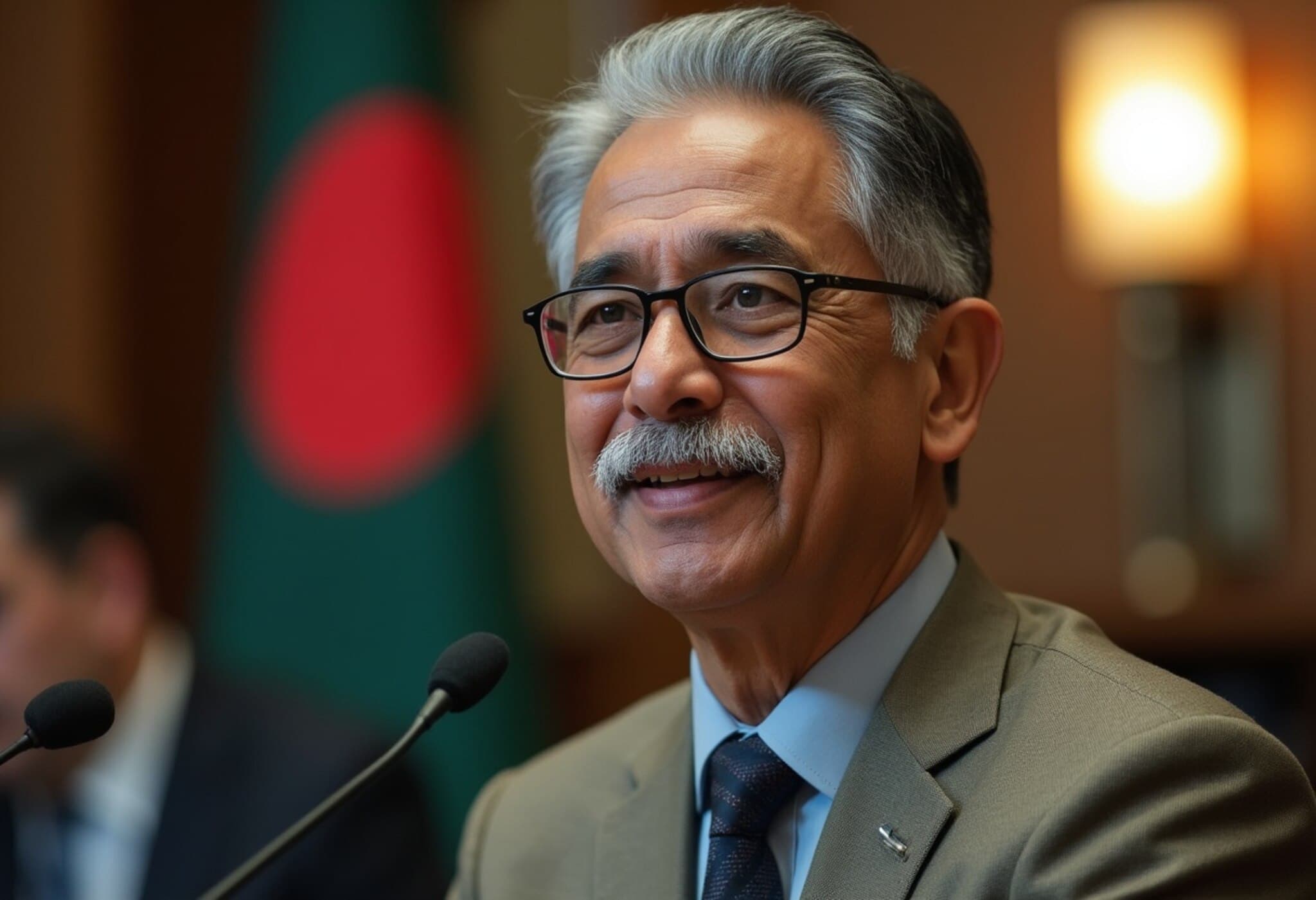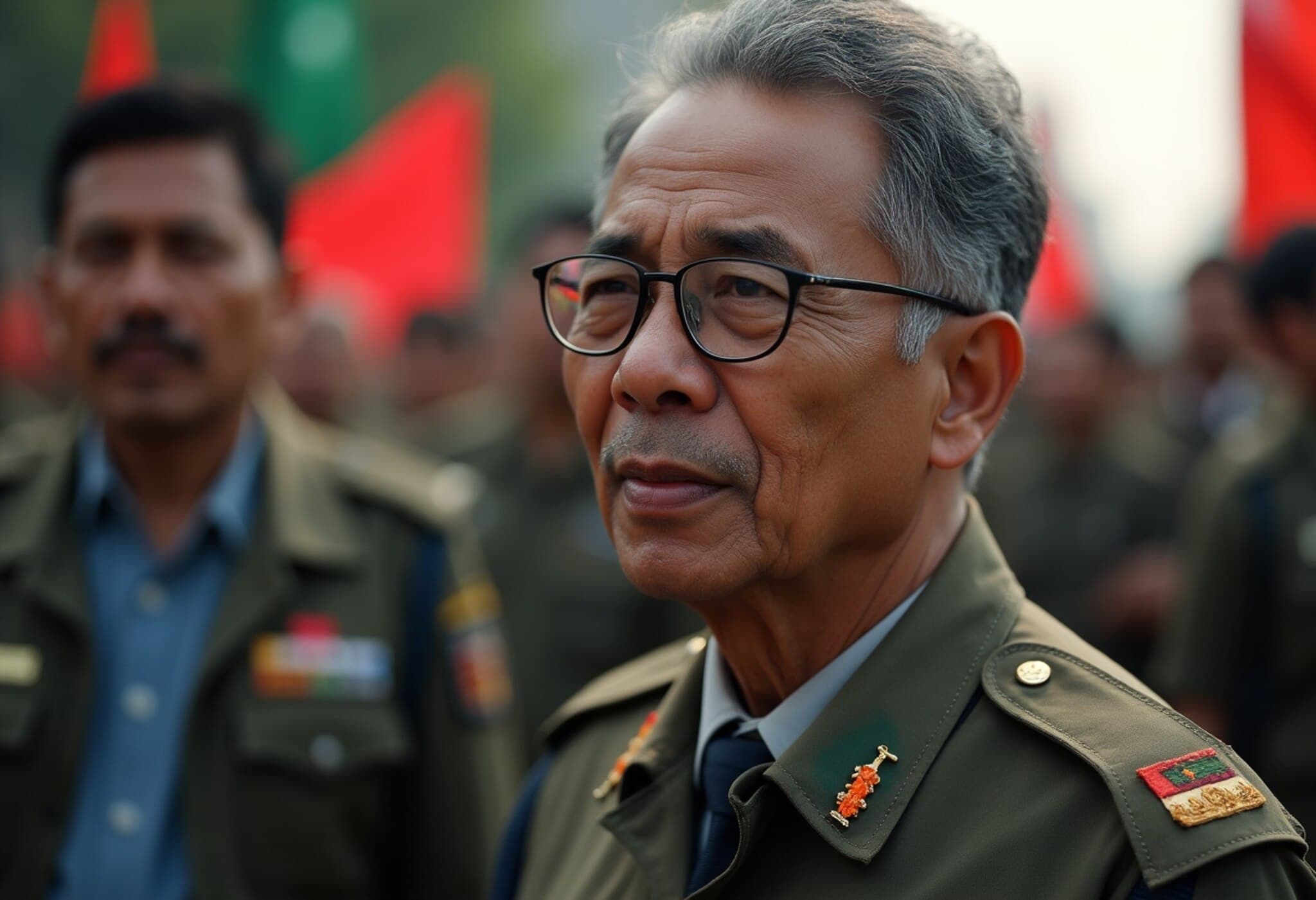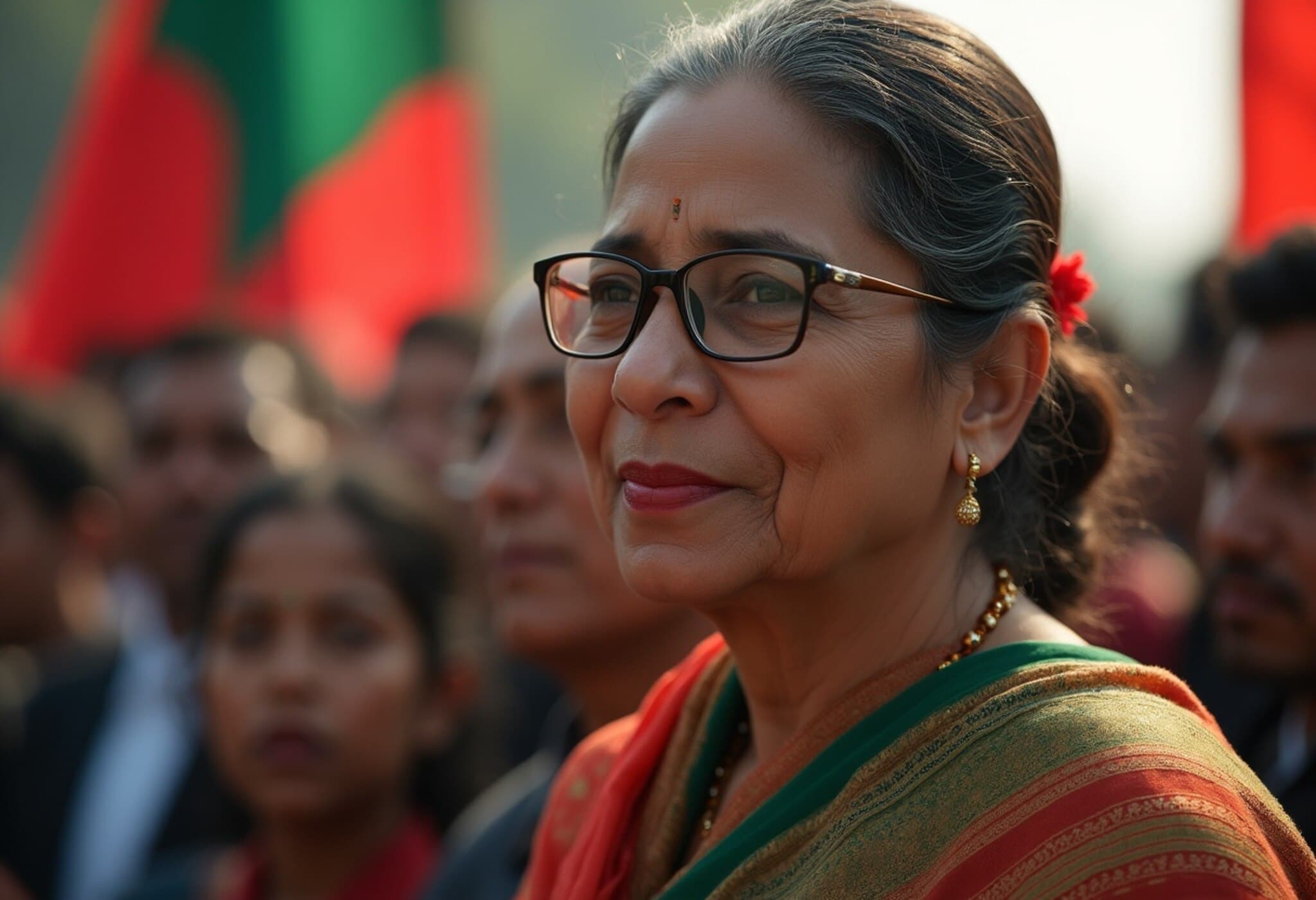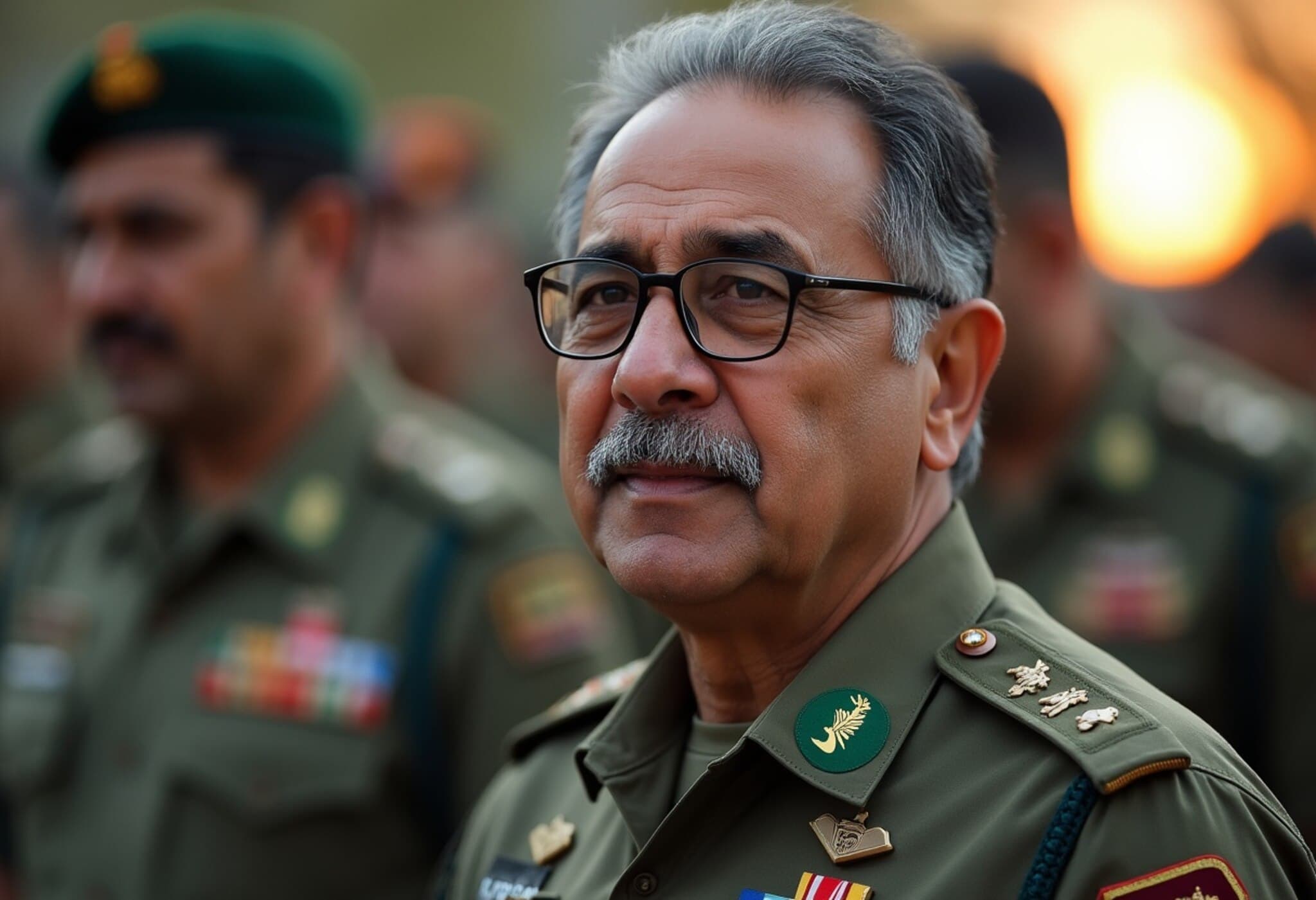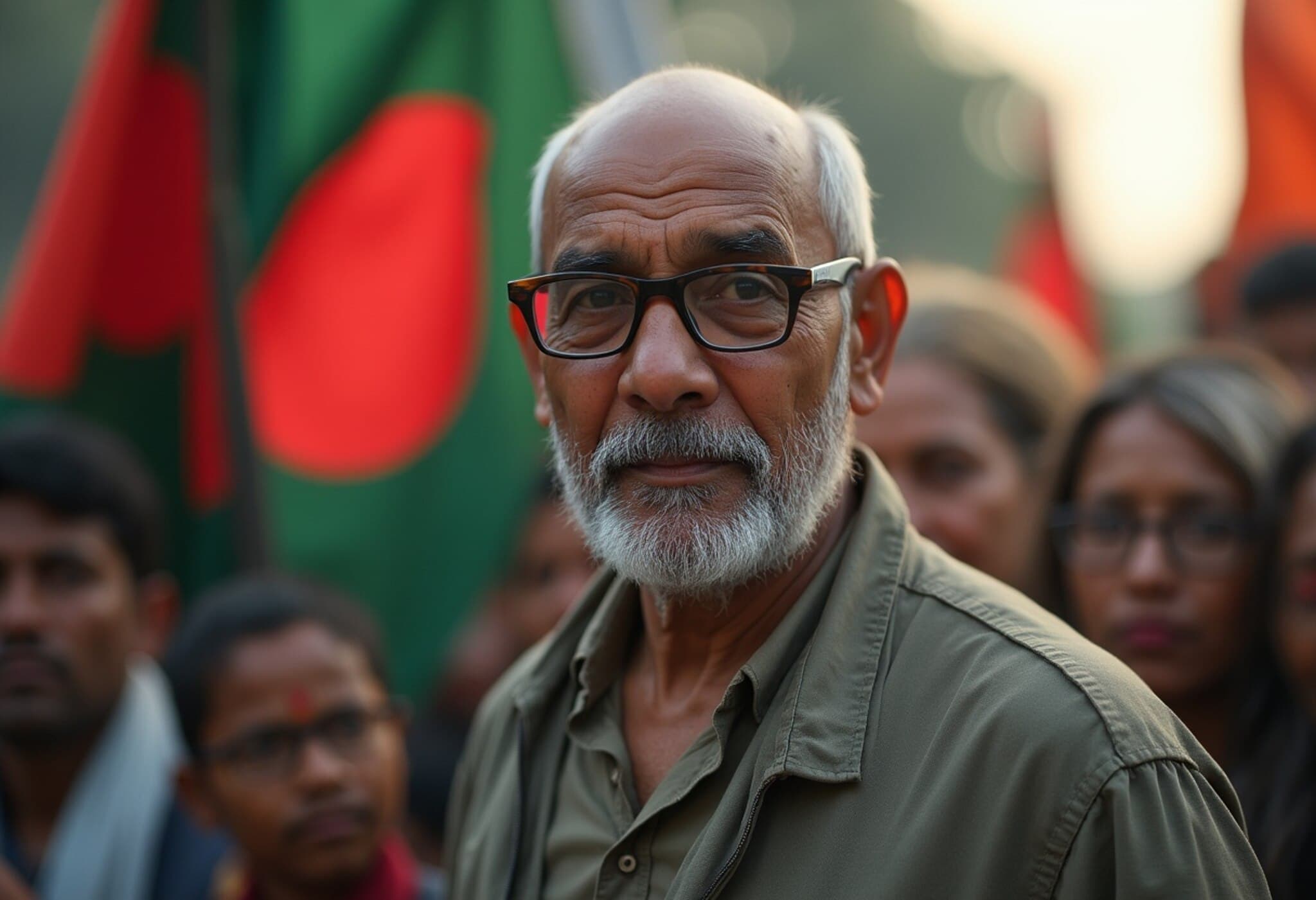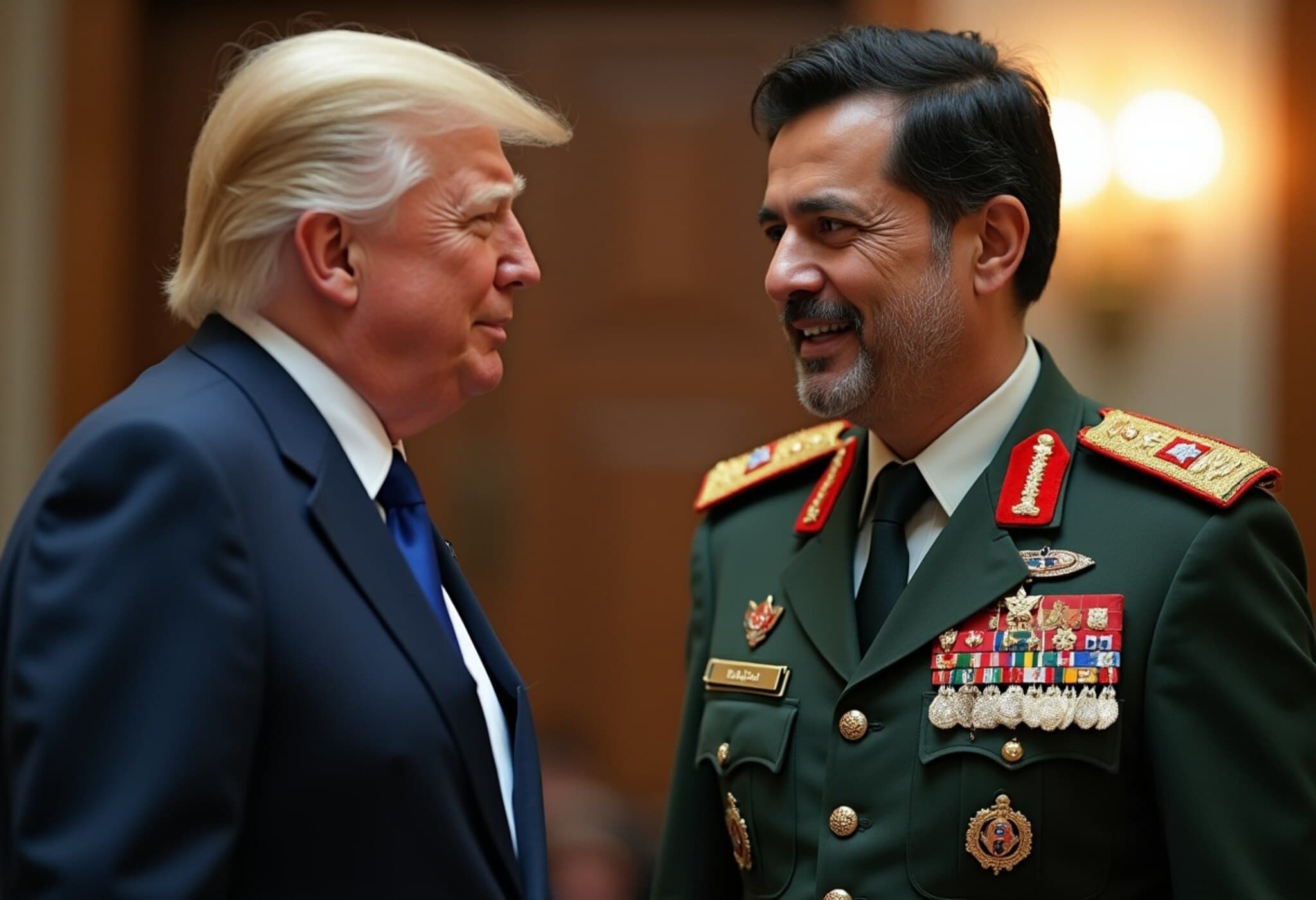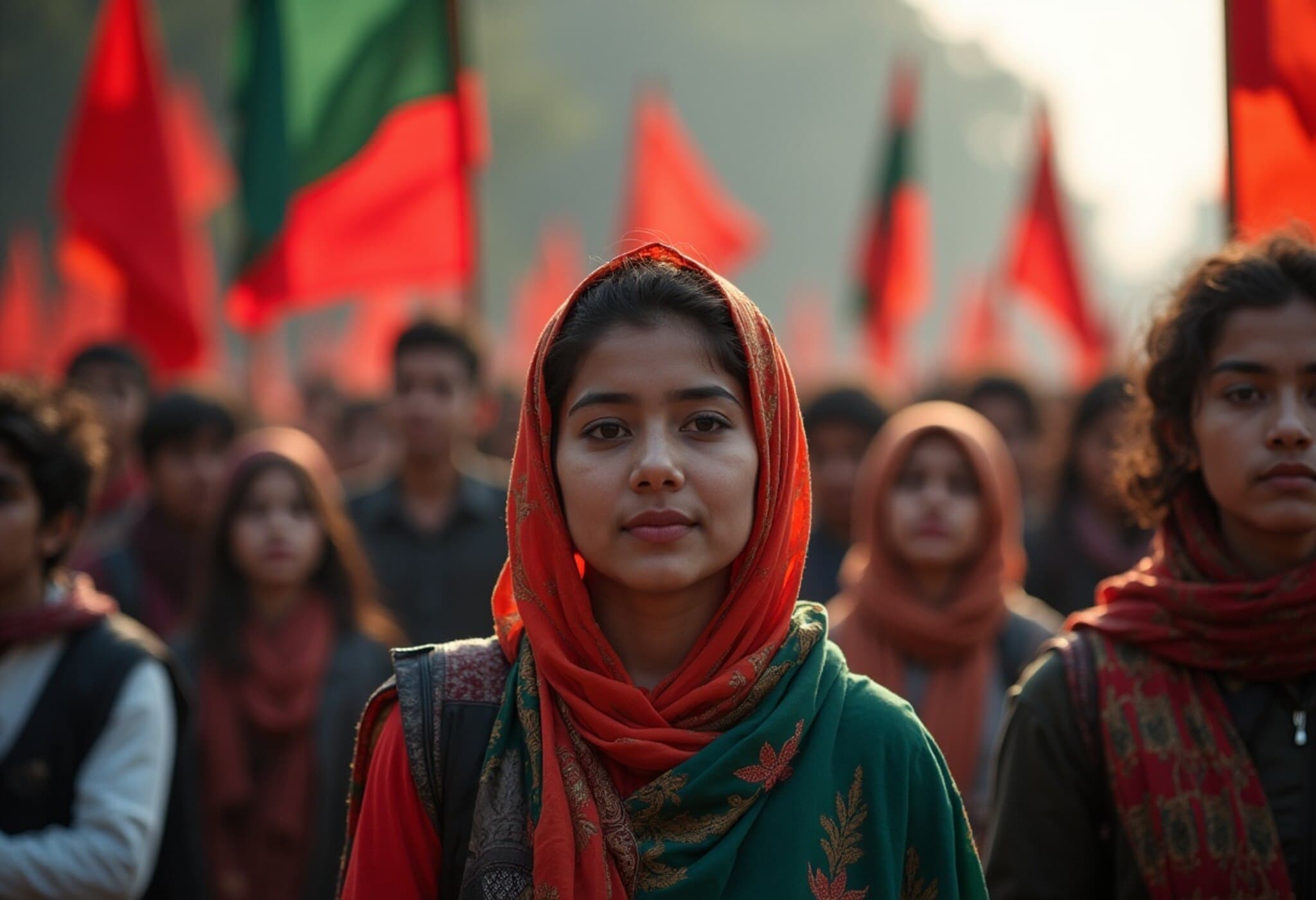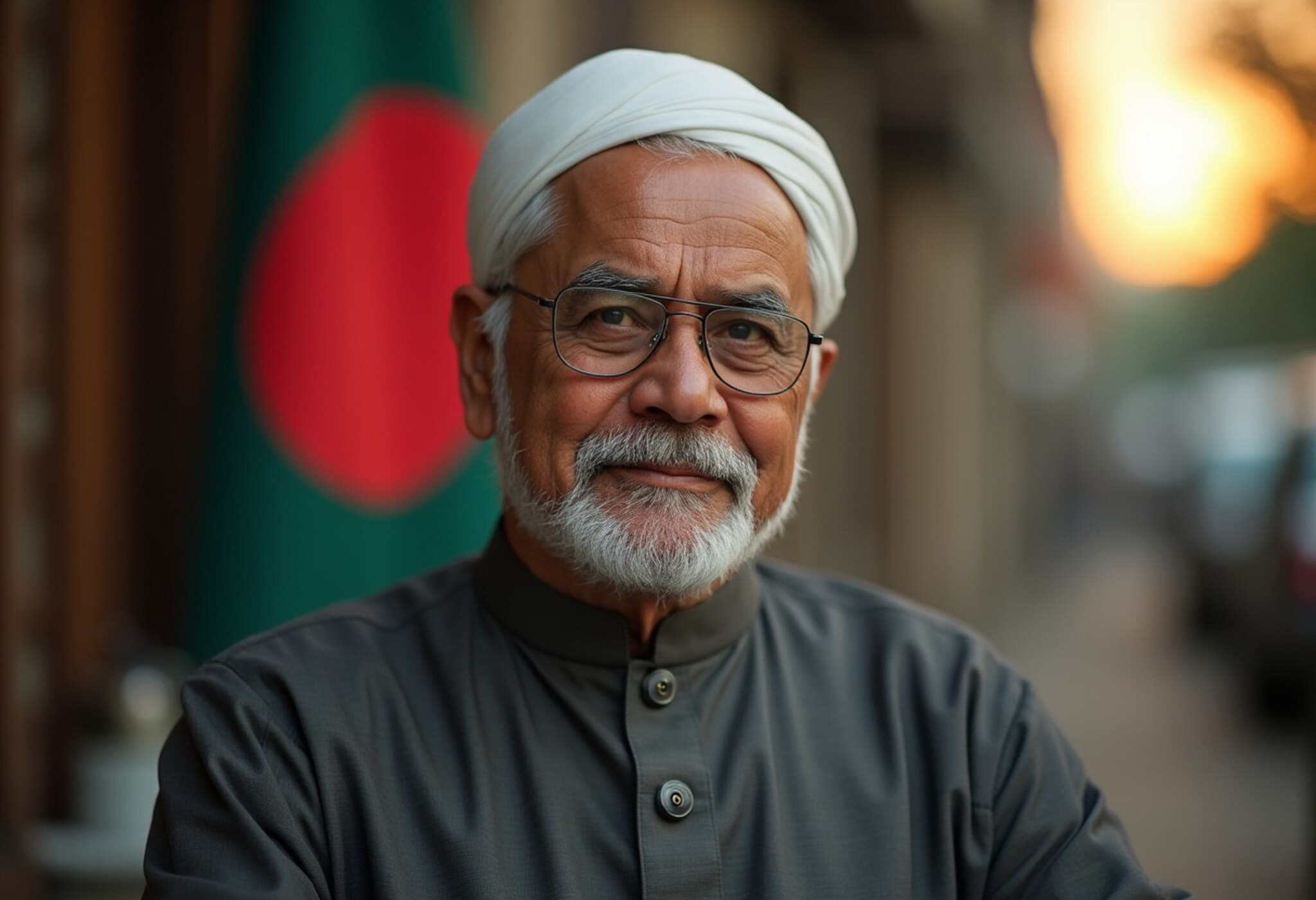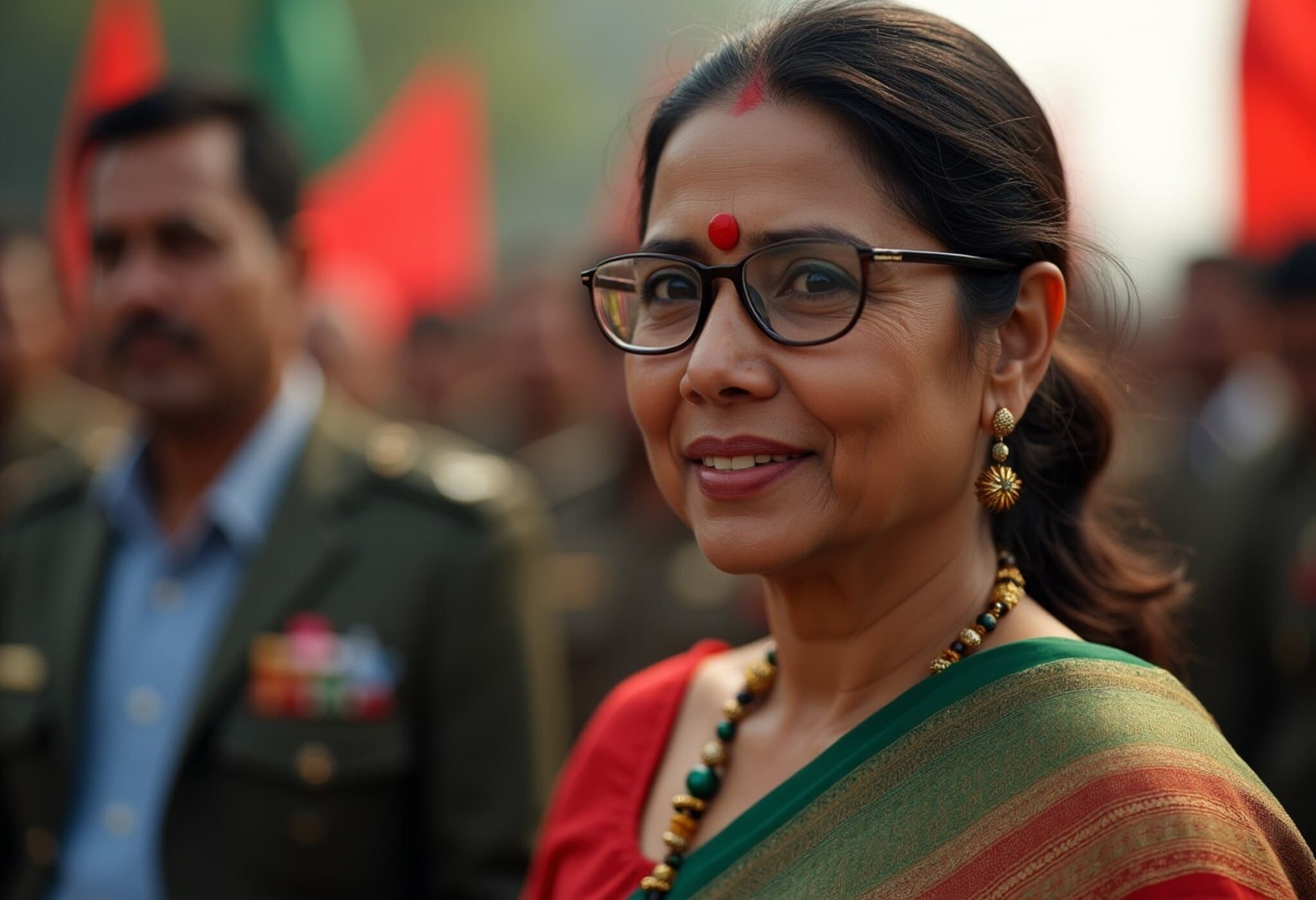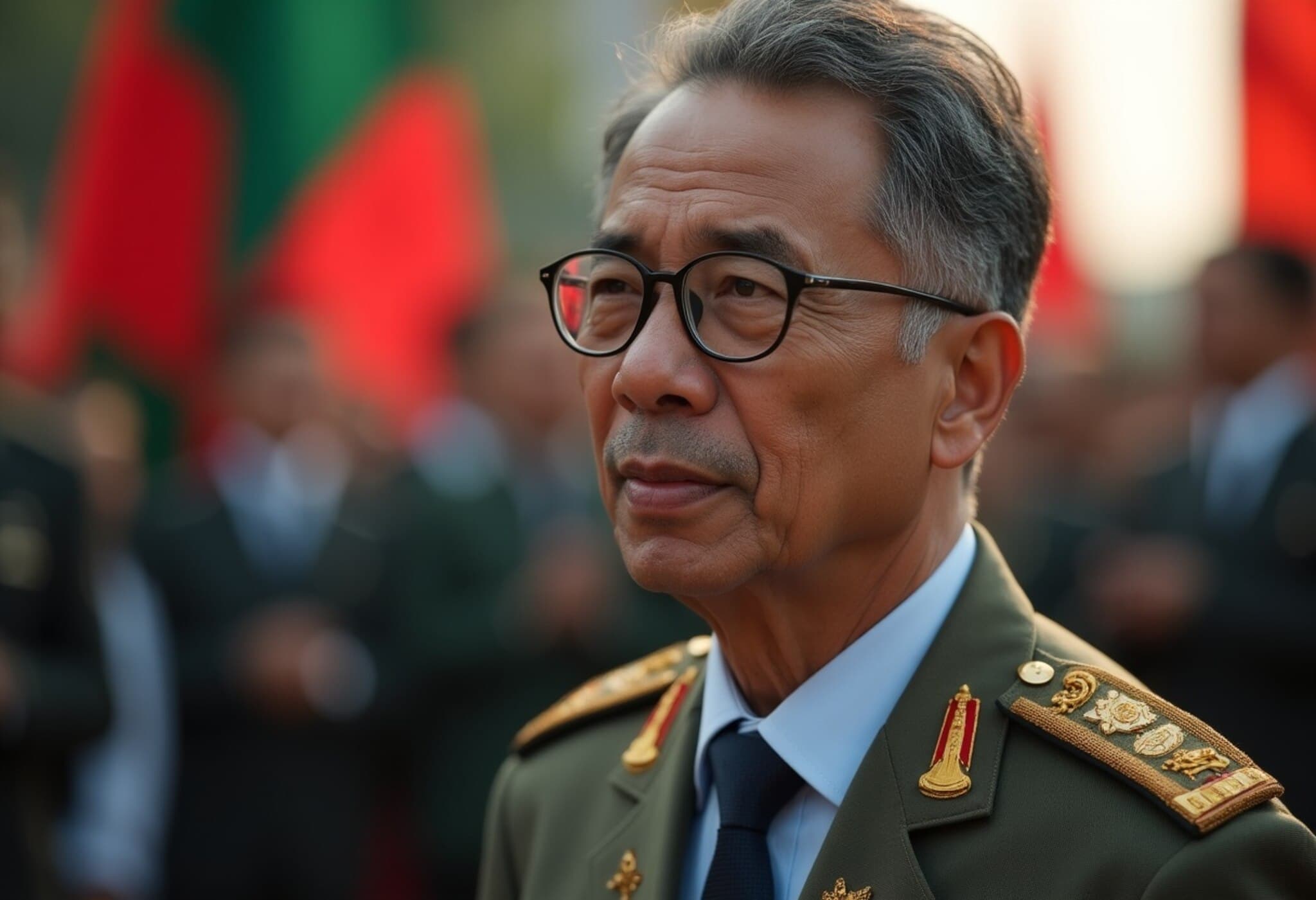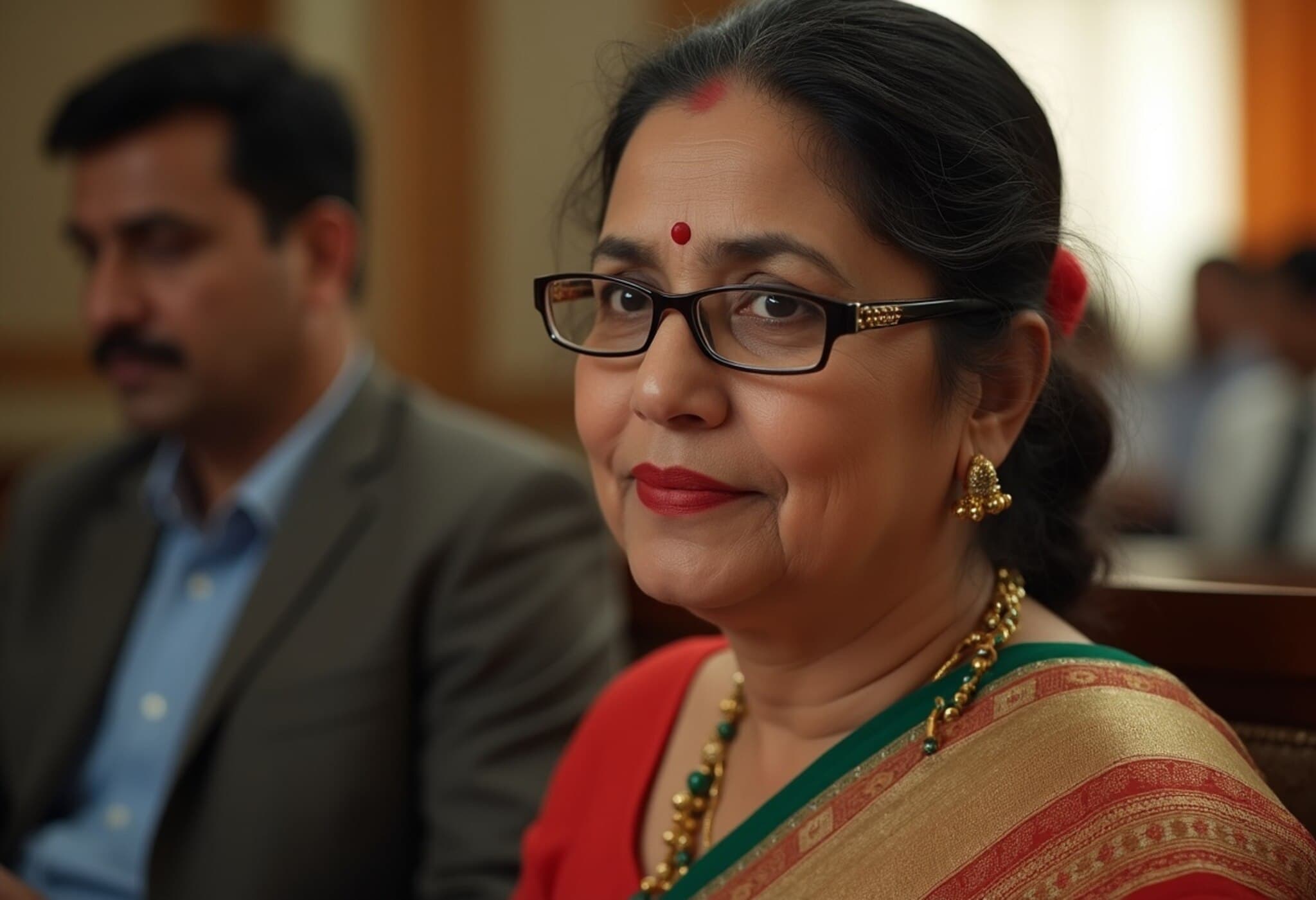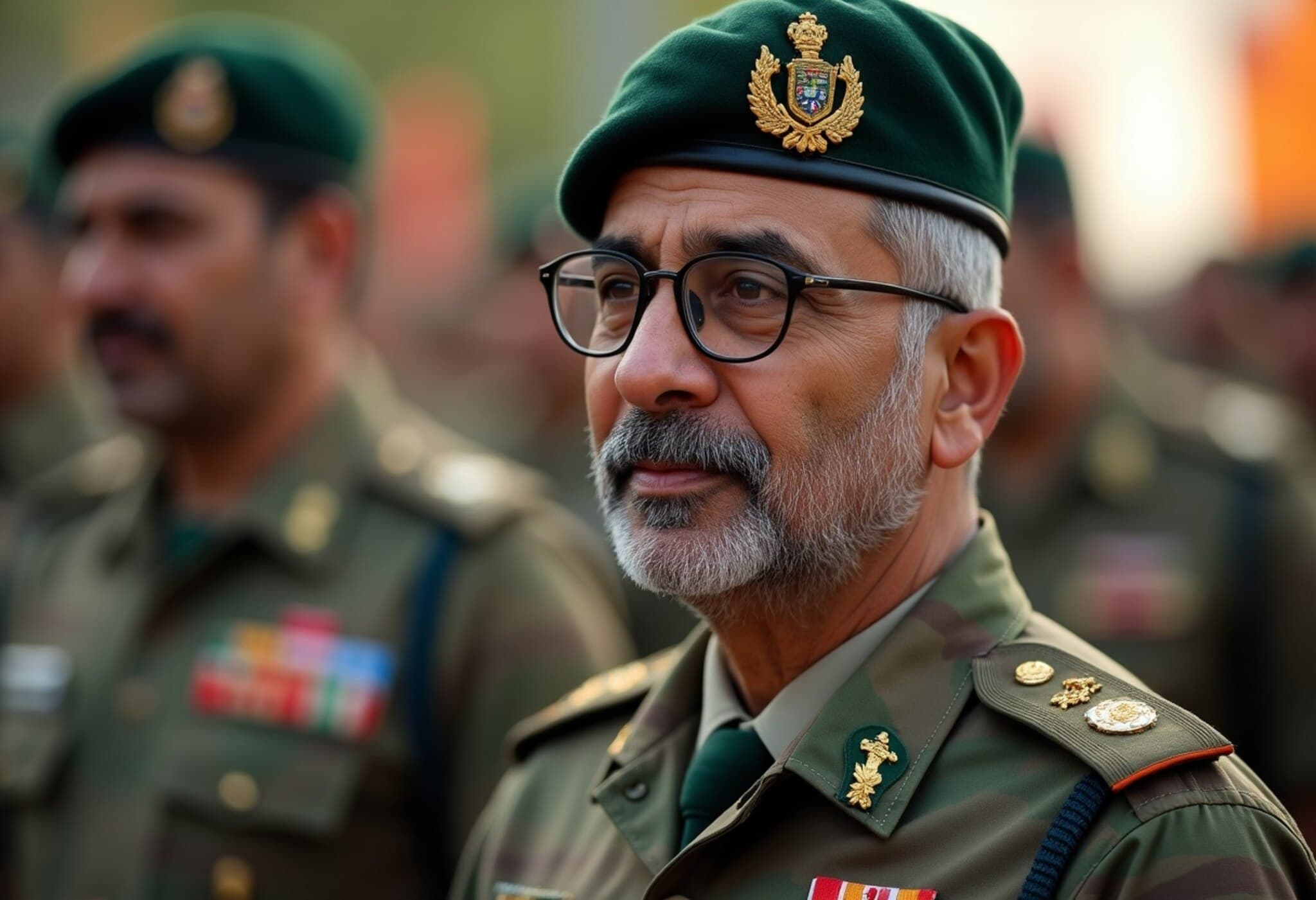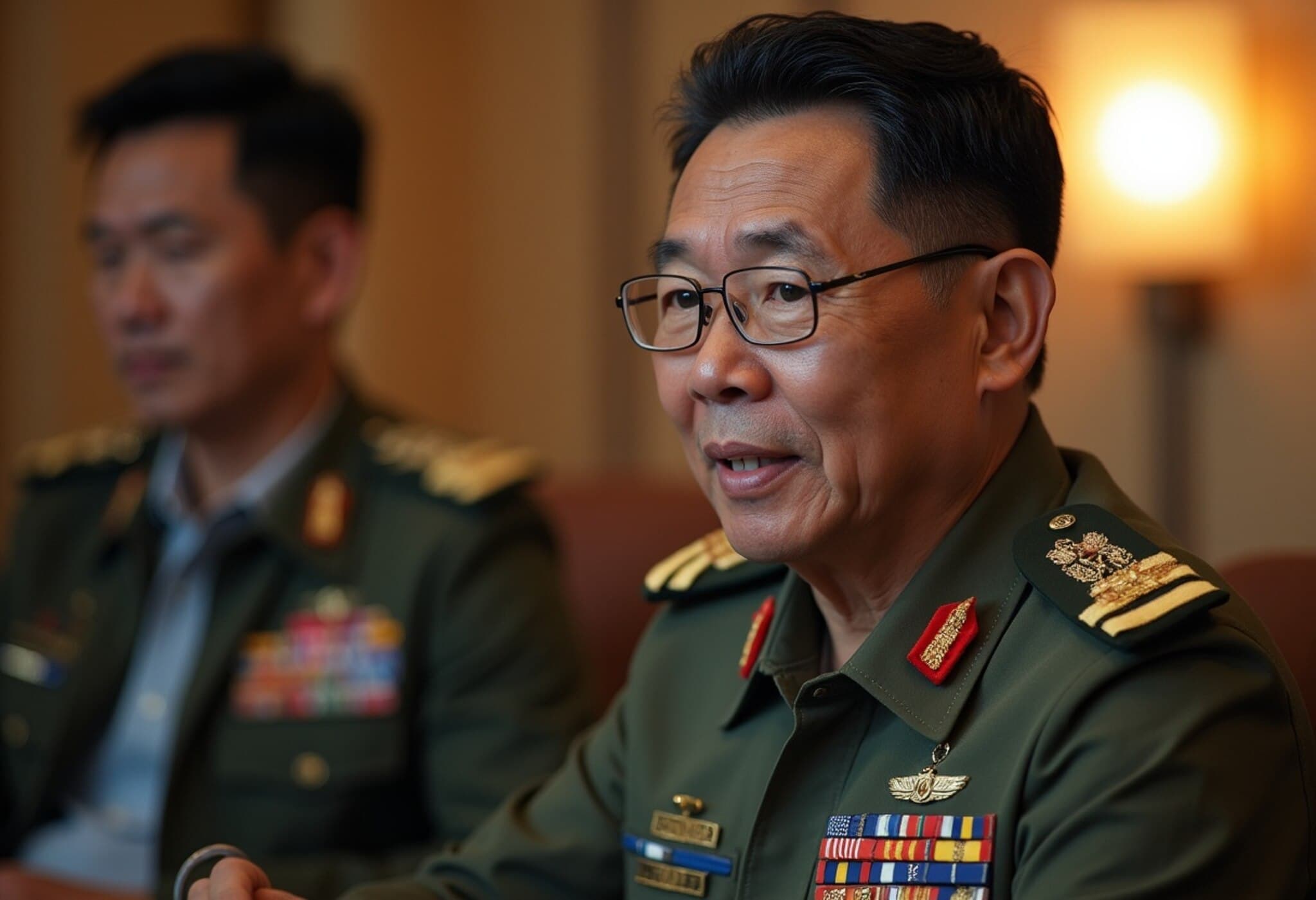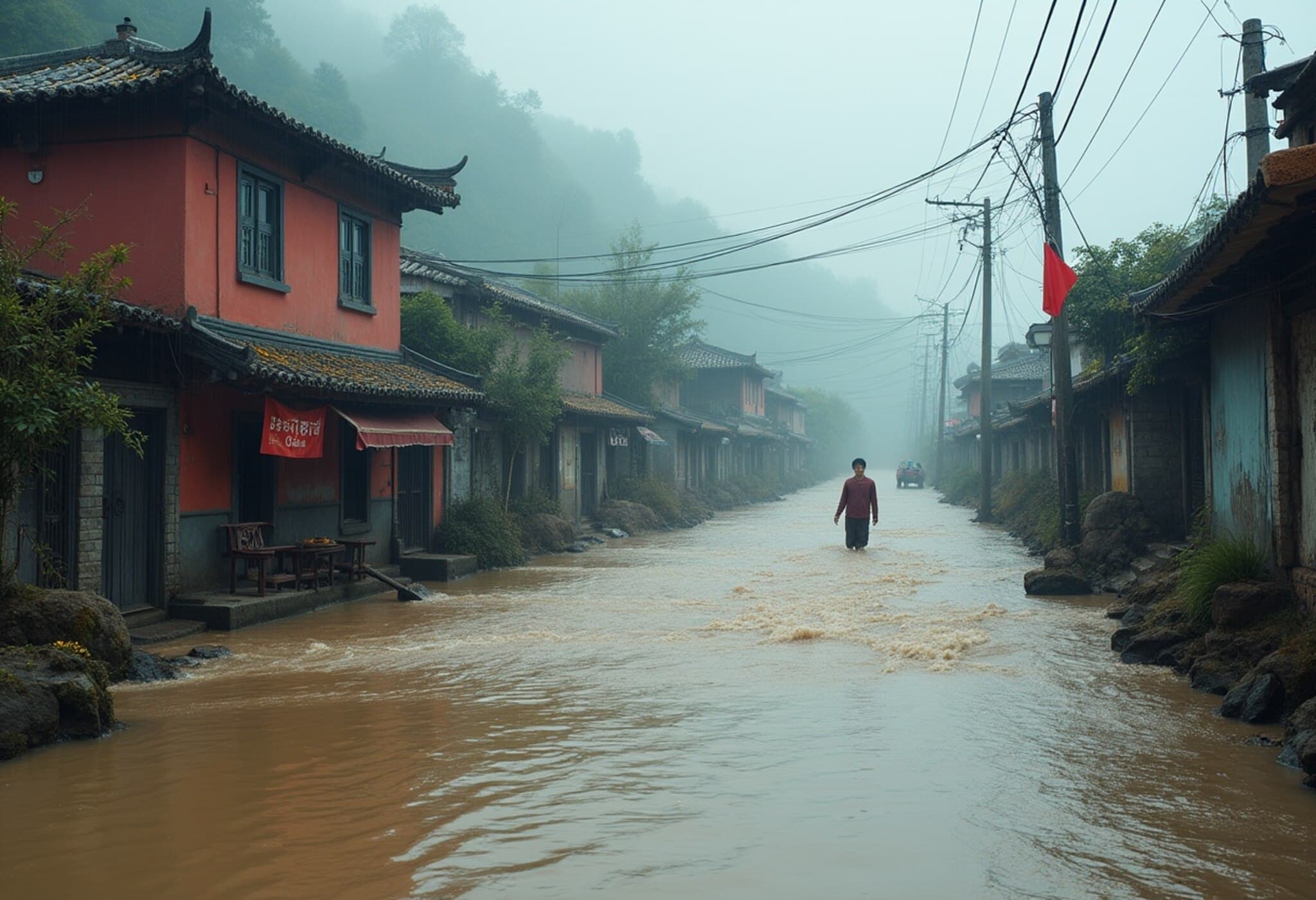One Year Under Muhammad Yunus: Bangladesh’s Interrupted Journey
On August 8, 2024, Muhammad Yunus, Bangladesh’s Nobel Peace Prize laureate and microfinance pioneer, stepped into a tumultuous role as the country’s interim chief adviser. Tasked with steering a nation rattled by political upheaval and economic instability, Yunus inherited a deeply divided Bangladesh following the dramatic ouster of former Prime Minister Sheikh Hasina amid massive protests. One year later, his efforts to restore stability and reform have met with both progress and persistent challenges, raising critical questions about Bangladesh’s democratic future and social cohesion.
Confronting Political Unrest and Law & Order Challenges
Yunus’s interim government faced an immediate mandate to quell unrest that had escalated into violence across Dhaka and other regions. Despite some success in dampening large-scale riots, the security apparatus remained fragile. A troubling surge in violent crimes, including attacks on religious minorities and politically affiliated groups, undermined public confidence in law enforcement.
Minority communities experienced grave vulnerabilities, with recurring reports of sexual violence and property damage heightening fears. Members of Hasina’s Awami League, the country’s leading political force still banned by Yunus’s administration, reported systematic harassment, which they attribute to regime-allied actors. An anonymous Awami League supporter summed it up starkly: “The country’s situation is bad,” emphasizing how daily life felt increasingly unsafe, especially for opposition workers often targeted as “political prisoners in their own land.”
Economic Recovery Efforts Amid Lingering Struggles
On the economic front, Yunus’s government made concerted efforts to reengage international partners, notably turning to the International Monetary Fund (IMF) for assistance. Recognizing the deep structural weaknesses exposed by months of social turmoil, his administration appointed Ahsan H Mansur, a former IMF economist, as the central bank governor. Mansur quickly enacted reforms aimed at curbing inflation and stabilizing precarious banking institutions—measures that included interest rate hikes and aggressive recovery of bad loans.
These initiatives yielded some encouraging signs: inflation dropped from 11.6% in July 2024 to 9.05% by May 2025. Yet, despite these macroeconomic gains, youth unemployment surged alarmingly, reaching a new peak of 4.63% in late 2024 and signaling a looming crisis for younger generations whose futures depend on meaningful job creation. With nearly 2.7 million unemployed people—a near half-million increase year-over-year—the economic wounds from a period of instability remain open.
Foreign Policy Reorientation: Risks and Realignments
Yunus’s tenure has also marked a strategic shift in Bangladesh’s diplomatic landscape. Amid escalating anti-India sentiments that predated his time in office, Yunus seemed to double down on nationalist rhetoric, drawing focus to contentious geographical discussions like the disputed ‘Chicken’s Neck’ corridor linking India’s northeast states.
Simultaneously, he fostered closer relations with China, inviting Beijing’s involvement in infrastructural projects such as river conservation—a move critics view as potentially increasing Bangladesh’s economic dependence on China. Efforts to repair relations with Pakistan, historically fraught due to Bangladesh’s liberation war legacy, also sparked domestic unease and concerns over national sovereignty, especially with contentious initiatives like the Rohingya corridor.
Internal Political Fractures and Controversial Decisions
In the realm of domestic politics, the restoration of registration for Jamaat-e-Islami—Bangladesh’s largest Islamist party known for its radical stances—ignited widespread debate and unease. The Supreme Court‘s decision in June 2025 overturned prior deregistration, leading to renewed fears about the resurgence of fundamentalist influences in governance and society.
Meanwhile, Yunus’s postponement of national elections sparked friction with major opposition parties, notably Khaleda Zia’s BNP, who demanded a swift return to the polls. Yunus defended election delays as necessary for reforms, but critics argue these moves diminish democratic inclusiveness—especially with the banning of the Awami League, the party with the greatest popular support.
Looking Ahead: The Road to February 2026 Elections
In a landmark announcement on August 5, 2025, Yunus confirmed elections would take place in February 2026. However, skepticism remains high over the fairness and inclusivity of these elections, given the existing political bans and deep polarization. Observers warn that without genuine participation from all major parties, including the Awami League, the electoral process risks further entrenching instability and marginalization.
The coming months will be critical as Bangladesh strives to balance reform imperatives with democratic legitimacy and social harmony.
Expert Analysis and Contextual Insight
From a policy standpoint, Yunus’s technocratic background brought much-needed discipline to economic reforms but arguably lacked the seasoned political savvy to manage entrenched factionalism and complex social dynamics. His approach underscores a common dilemma in transitional governments: the tension between stabilization policies and the deep-rooted political grievances that fuel instability.
Moreover, Bangladesh’s geopolitical pivot reflects broader regional realignments amid Sino-Indian rivalry. Bangladesh’s balancing act illustrates smaller states’ vulnerabilities and strategic choices in navigating competing influences while safeguarding sovereignty.
Ultimately, Bangladesh’s journey under Yunus illustrates the fragility of democratic institutions in post-protest contexts and raises urgent questions about minority protections, political inclusivity, and future development trajectories in South Asia.
Editor’s Note
As Bangladesh approaches a pivotal electoral moment, the stakes have never been higher. Muhammad Yunus’s first year vividly reflects the complexities of steering a nation through deep political and societal fractures. While some economic indicators hint at progress, persistent challenges in law and order, political inclusiveness, and foreign relations cast long shadows. Readers are invited to reflect on how emerging democracies can best balance reform and reconciliation, and what lessons Bangladesh’s experience holds for similar transitional contexts worldwide.

